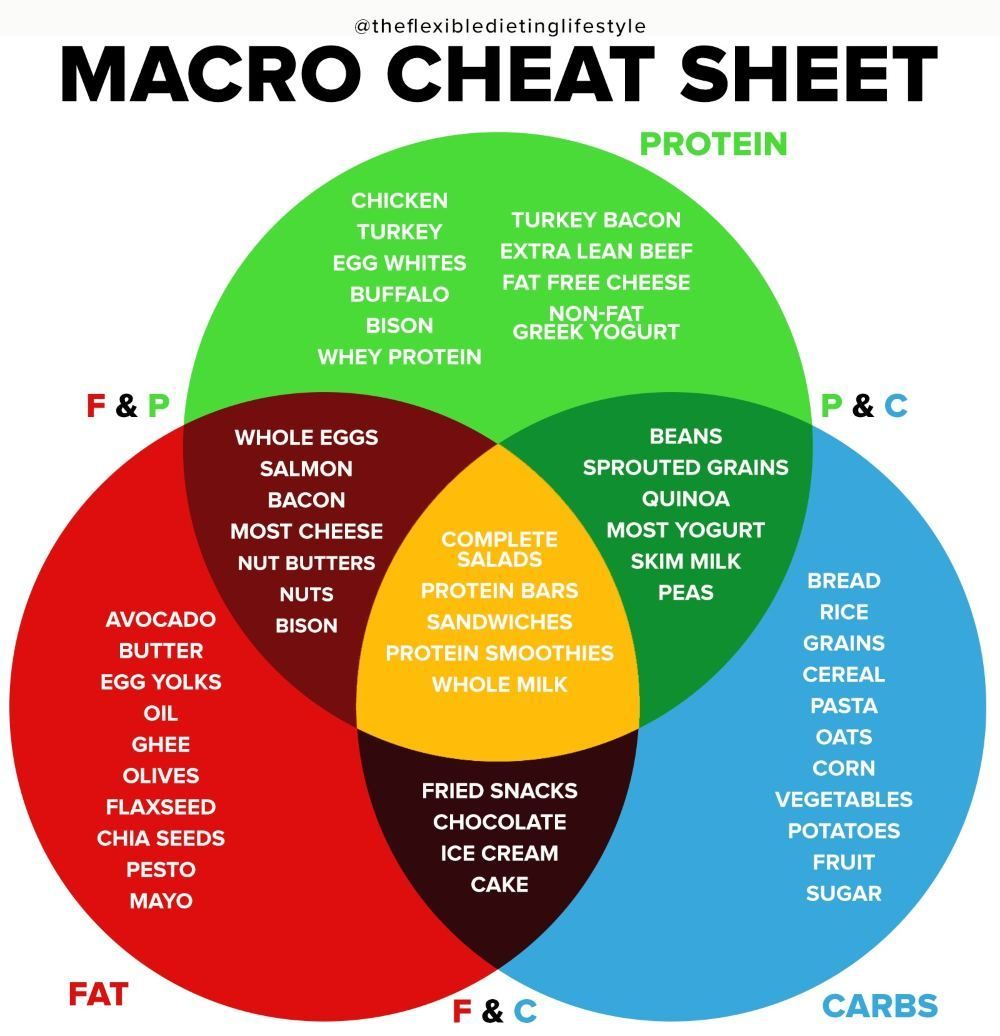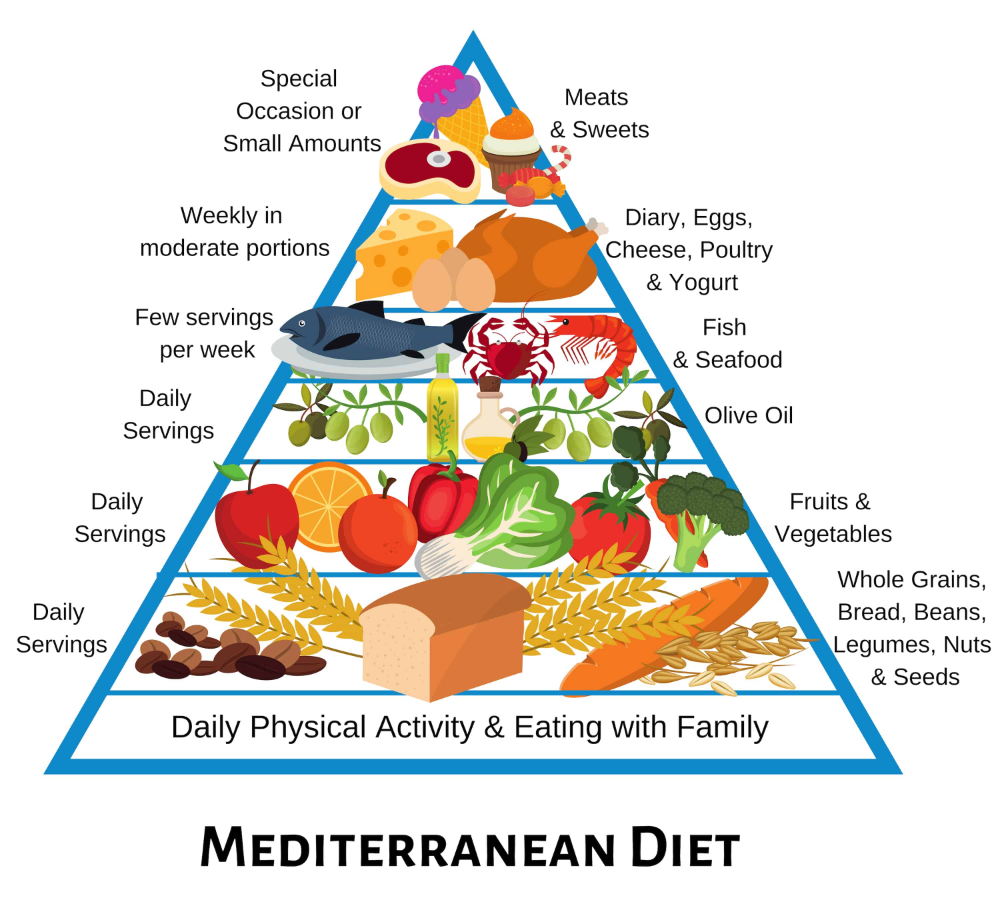Understanding Macros: Protein, Carbs, and Fats Explained

Macros, short for macronutrients, are the essential nutrients our bodies need in large quantities to function properly. They include protein, carbohydrates, and fats. Each of these macronutrients plays a vital role in keeping our bodies healthy and providing energy for daily activities.
A balanced diet consists of a proper distribution of these three macronutrients. Understanding the role and benefits of each macro can help individuals make informed choices when it comes to planning meals and ensuring optimal nutrition intake.
Protein: Building Blocks for Growth and Repair
Protein is often referred to as the body’s building blocks. It plays a crucial role in building, repairing, and maintaining tissues such as muscles, organs, skin, and hair. It is made up of amino acids, which are essential for the growth and repair of cells.
Including adequate protein in your diet is particularly important for physically active individuals, athletes, and those looking to build lean muscle mass. Protein helps repair damaged tissues and promotes muscle growth after exercise. Additionally, it aids in the production of enzymes, hormones, and antibodies, which are essential for numerous bodily functions.
Good sources of protein include lean meats, poultry, fish, dairy products, eggs, beans, legumes, and soy products. It is advisable to consume a mix of animal and plant-based protein sources to obtain a variety of essential amino acids.
Carbohydrates: The Body’s Primary Source of Energy
Carbohydrates are the body’s primary source of energy. They are broken down into glucose, a sugar that fuels our cells, muscles, and brain. Carbs are categorized into two types: simple and complex.
Simple carbs, such as sugars found in fruits, honey, and processed foods, are quickly digested and provide rapid energy. However, consuming excessive amounts of simple carbs can lead to blood sugar spikes and energy crashes.
Complex carbs, found in whole grains, legumes, vegetables, and starchy foods, take longer to digest, providing a steady release of energy over time. They are also rich in fiber, which promotes a healthy digestive system and helps maintain stable blood sugar levels.
Although low-carb diets have gained popularity in recent years, it is important to understand that carbohydrates are an essential part of a balanced diet. Opt for whole, unprocessed carb sources to provide your body with sustained energy throughout the day.
Fats: The Misunderstood Macro
Fats have often been wrongly associated with negative health effects. However, fats play a crucial role in maintaining overall health and well-being. They are involved in various bodily functions and are necessary for the absorption of fat-soluble vitamins.
There are several types of fats, each with different effects on our health. Saturated fats, found in animal products and some plant oils, have been linked to increased risk of heart disease and should be consumed in moderation.
On the other hand, unsaturated fats, including monounsaturated and polyunsaturated fats, are considered healthy fats. They help reduce the risk of heart disease when consumed in moderation. Good sources of unsaturated fats include olive oil, avocados, nuts, and seeds.
It is important to note that while fats are calorie-dense, they are necessary for a well-balanced diet. Include healthy fats in your meals in appropriate portions to support brain health, maintain hormone balance, and ensure proper absorption of fat-soluble vitamins.
The Importance of Moderation and Balance
When it comes to macros, it is essential to understand that moderation and balance are key. Each macro plays a specific role in our bodies, and excluding or excessively consuming any of them can lead to negative health effects.
A well-balanced diet should consist of a proper distribution of protein, carbs, and fats based on individual needs, activity levels, and health goals. Consulting with a registered dietitian or nutritionist can provide personalized guidance on the ideal macronutrient ratios for optimal health.
In Conclusion
Understanding macros, including protein, carbs, and fats, is crucial for maintaining a healthy and balanced diet. Protein provides the building blocks for growth and repair, while carbs supply the body with essential energy, and fats play a vital role in bodily functions.
By incorporating a variety of protein sources, whole and unprocessed carbs, and healthy fats into our meals, we can ensure a well-rounded diet. Remember, moderation and balance are key to enjoying the benefits of each macro while supporting overall health and well-being.


